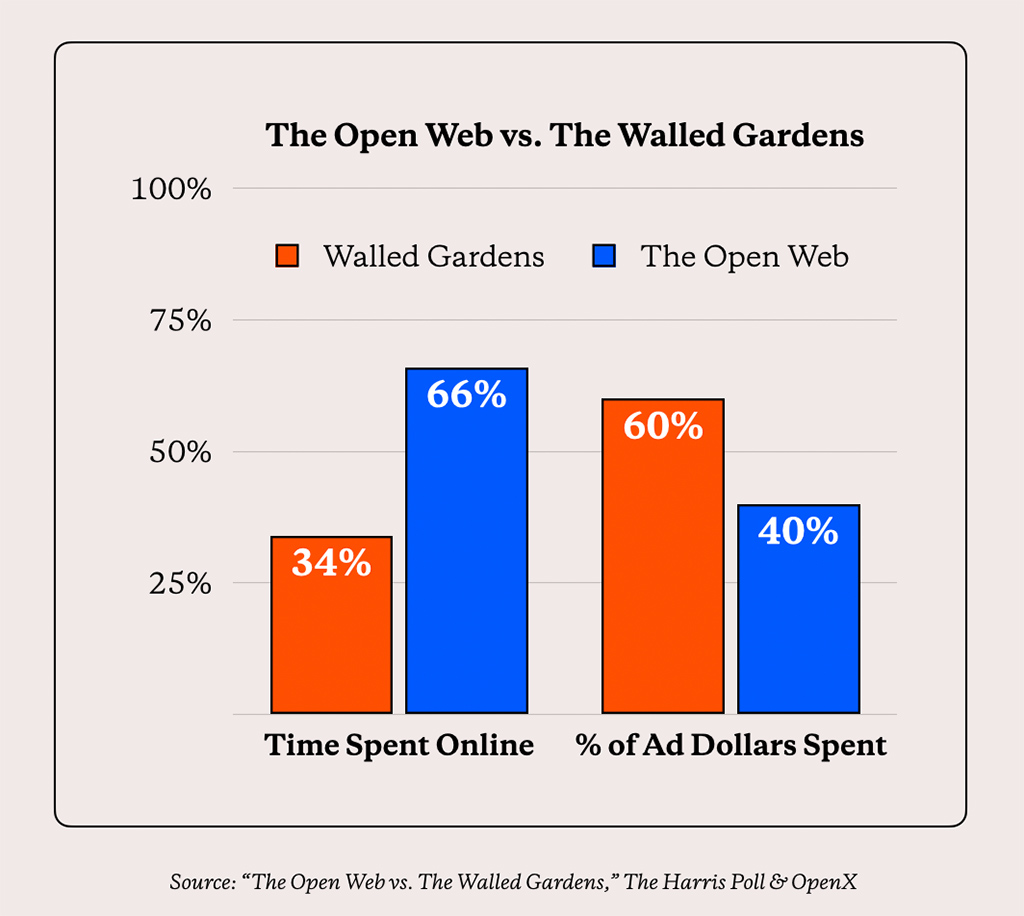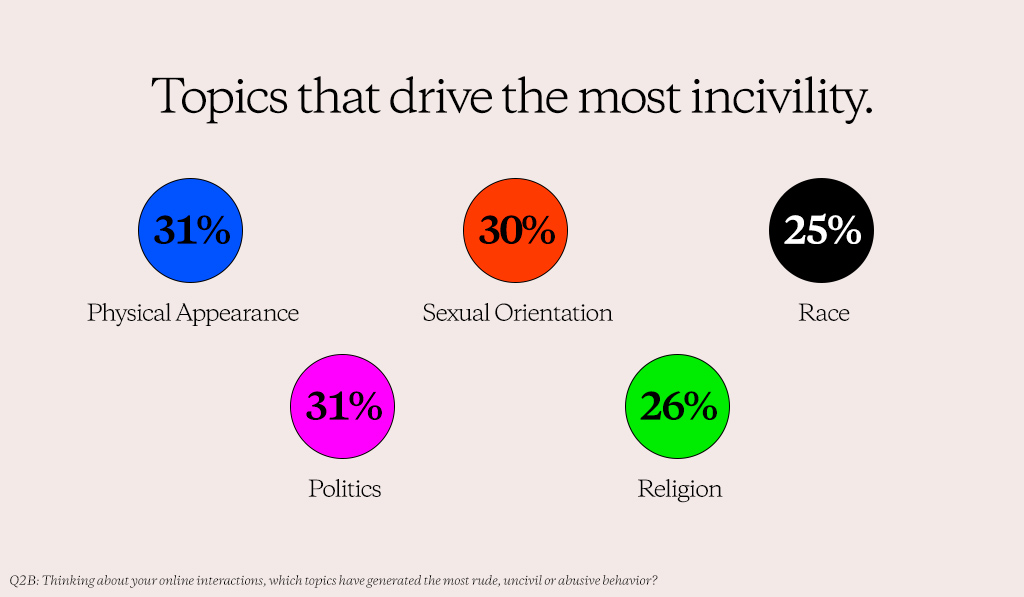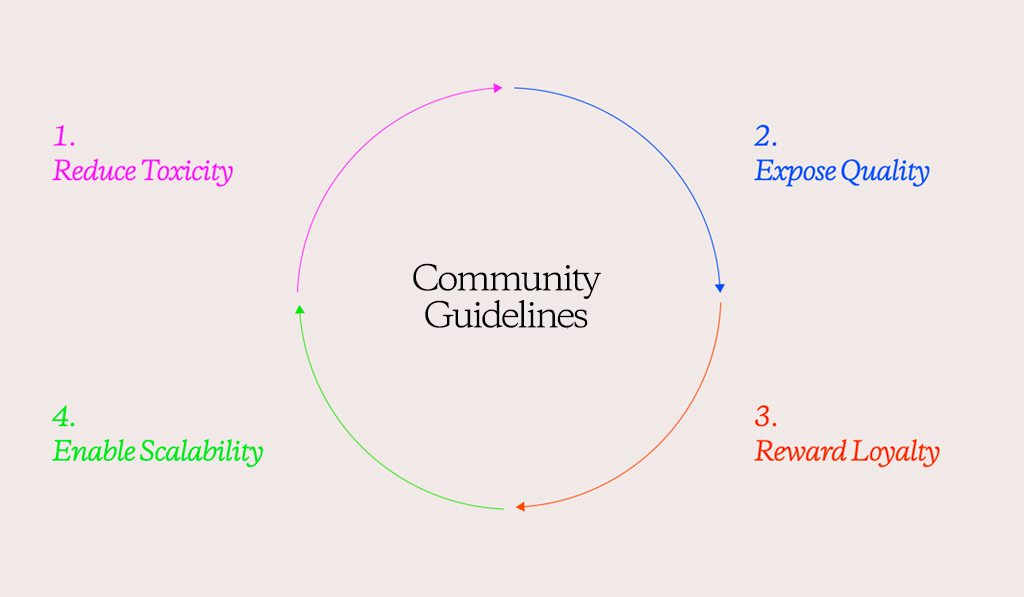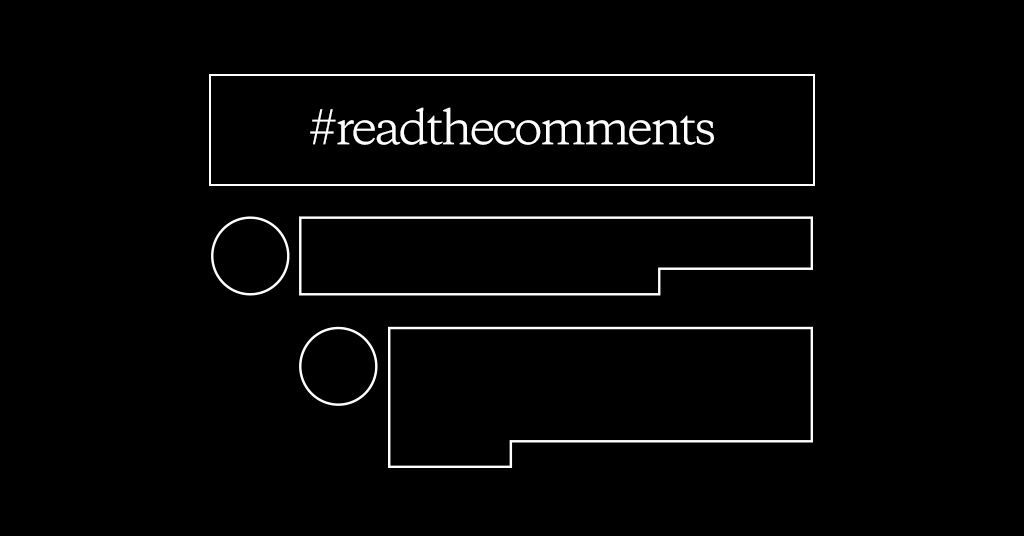At OpenWeb, we believe publishers are the hosts of our collective cultural curiosity. They set the table at which we consume information and discuss what we’ve heard. They also play a crucial part in safeguarding our democracy and our freedom. Our mission has always been to help publishers prosper. Not only because publishers are our business partners and our friends, but because civility on the internet matters.
Over the past two decades, as the online conversations gradually moved to a few big monopolistic platforms the amplification of the loudest voices in our society started adversely affecting the publishers. The open web receives less than 40% of US digital ad spend versus the walled gardens even though they garner over 60% of total time spent online.
Today more than ever, publishers understand sustainability can only be achieved by fostering real relationships with their readers (and no, someone liking their Facebook page is not a relationship). Also, a relationship cannot be a one-sided conversation. Since our humble beginnings, we have worked with publishers to give their audience a voice and empowered them to talk to their audience and not at them. Today, hundreds of millions of conversations take place on our partners’ sites through our technology. In an open web characterized by retention rates that are as low as it gets, we learned that those who come back talk, and those who talk come back.

Why is civility on the internet so tricky?
Conversations are a powerful tool, but hosting a public discussion board that’s both civil and valuable to readers is anything but easy. Traditionally, comments sections across the open web were considered as toxic environments where trolls, rather than thoughtful discussions, thrive. This led many journalists and online readers to simply refrain from reading or participating in these conversations (#dontreadthecomments).
One approach, most notably used by the New York Times, is to manually review each comment before it is posted. This manual process helps NYT keep the level of discussion high, but in a costly, unscalable manner — comments are only enabled on a handful of articles daily, and users often need to wait long periods of time before their comments are actually published.
Our challenge was clear – provide publishers across the open web, regardless of their size and available resources, a safe, scalable technology that will give their readers a voice, help build safe communities and be better hosts – hosting healthy and valuable conversations fostering civility on the internet that aligns with their guidelines and needs.
Quality is subjective, civility isn’t
Initially, approaching the challenge of defining what a quality discussion is, it was intuitively clear to us that the Quality is mostly subjective – what some would consider high-quality content can be completely futile to others. However, some things are not subjective at all. Attacking the person making the argument rather than the argument itself, for example, is a behavior that should never be considered part of a quality discussion.
We consider civility on the internet to be the objective part of the discussion. A good definition can be found in Sobieraj’s and Berry’s study from 2011: “Civility is characterized by speakers who present themselves as reasonable and courteous, treating even those with whom they disagree as though they and their ideas are worthy of respect”.
While a conclusive definition for civility is elusive, there’s broad agreement on the majority of behaviors that would characterize an in-civil discourse – ad-hominem attacks, name-calling, profanity, hate speech, and sexually explicit content are some key examples. Identifying these within the online content is a big challenge for machines and human-beings alike, but it is achievable to a large extent.

Our approach towards Quality
With all the above in mind, we concluded that in order to bring quality conversations to the open web we had to ensure the online discussions were both Civil and Valuable [to the people reading it]. So, how do we do it? We approach quality as a framework where publisher needs and interests are interwoven with their audiences.

The core of it stems from the publishers – as the hosts of the discussion. Publishers must set the fundamental rules everyone has to follow. These rules are put together and enforced by the publisher – with the help of our product and tech. What you’ll often find within these guidelines are prohibitions on hate speech, racism, harassment, adult/sexual content or sharing user’s personal information publicly, and other behaviors that have absolutely no place on our partners’ sites.
While our world-class moderation tech helps publishers enforce these rules, we make sure these rules and the decisions made based on these rules are clear and transparent to users through our user-facing clarity features. We have consistently observed, a vast majority of users choose to amend their comments when they are nudged to behave better. Almost 55%-65% of the users who edited their comments changed their comments in a way that they were successfully published.
Freedom of speech is critical for the survival of democracy and is at the core of what we do – but we also recognize freedom of speech doesn’t mean freedom of reach. Because one is entitled to express their feelings or opinions, it doesn’t bind the publisher to expose incivil or non-valuable contributions on their forum.
Thank you for reading, stay tuned for our or next blog where we’ll explain how we measure quality and how that exposes the best content and rewards the best users in order to build civility on the internet and thriving online communities.


